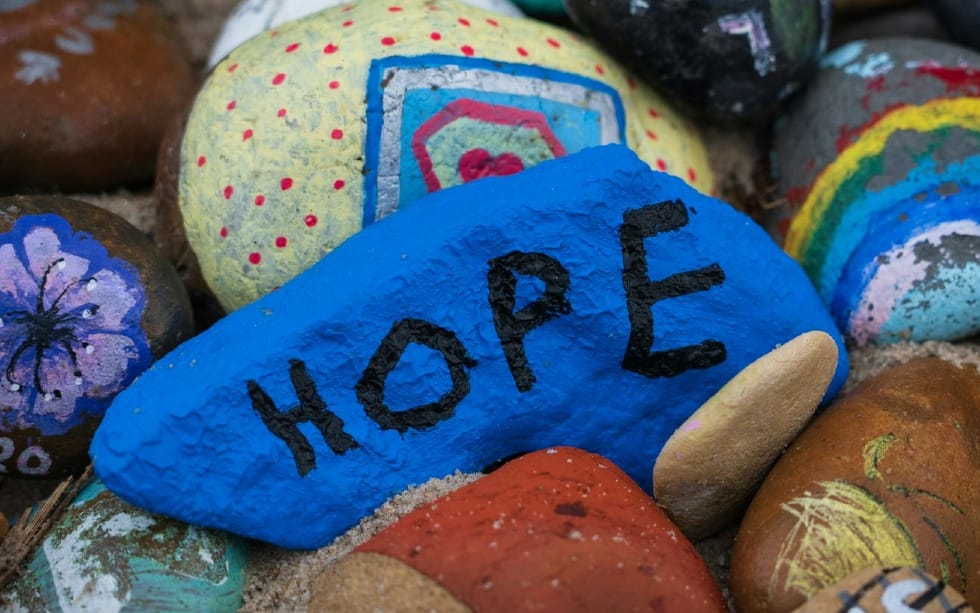Are You Clinging to Hope? (Job 11-14)
Have you ever felt hopeless when you think of the finality of death? If you’re like most, you try to avoid this topic. But in times of intense pain, as that suffered by Job, death is unavoidable.

Job 11-14
Today's Scripture Passage
A Few Thoughts to Consider
Have you ever felt hopeless when you think of the finality of death?
If you’re like most, you try to avoid this topic. But in times of intense pain, as that suffered by Job, death is unavoidable. In Job chapters 11-14, a dialogue unfolds between Job and his friend Zophar. In Chapter 11, Zophar rebukes Job, insisting that his suffering is a consequence of hidden sins and urging him to seek God's forgiveness to restore his fortunes. Job responds in Chapters 12 and 13 by defending his understanding of divine wisdom and criticizing his friends for their lack of empathy and misguided counsel. He expresses a deep desire to present his case directly before God, maintaining his integrity and righteousness.
In Chapter 14, Job reflects on the frailty and brevity of human life, contemplating the inevitability of death and expressing profound questions about the possibility of life beyond the grave. “Job is, of course, still speaking of himself but, as he has done before, projects his own feelings and experiences onto all humanity.”[1]
He says very plainly in verses 1-2, 1 “Anyone born of woman is short of days and full of trouble. 2 He blossoms like a flower, then withers; he flees like a shadow and does not last.” For the remainder of the chapter, he highlights the finality of death. In Verse 7, he says, There is hope for a tree: If it is cut down, it will sprout again, and its shoots will not die.”
Interestingly, Job uses the word hope twelve times in the Book of Job—more than any other book of the Bible. The man who seemingly has no reason to hope still holds on to this word.
Still, his pain is so great that, as Robert Alden writes, “His desire was that God would let him die and enjoy the safety of the grave until his present wrath was over.”[2] Job says in verses 13-14, 13 “If only you would hide me in Sheol and conceal me until your anger passes. If only you would appoint a time for me and then remember me. 14 When a person dies, will he come back to life? If so, I would wait all the days of my struggle until my relief comes.”





